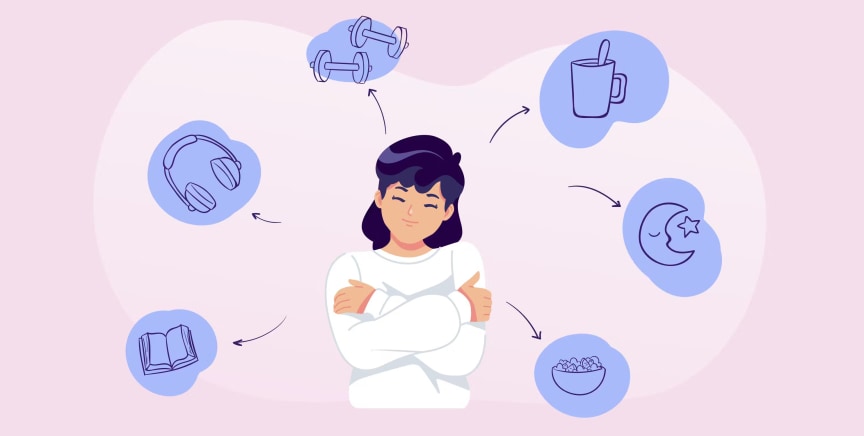Learn why leading HR professionals trust ekincare! Explore Now

Most people spend a significant amount of their time at work. So, it’s not surprising that their mental health is highly impacted by the job they do. With the pressure to excel and deliver results, it is of utmost importance that the welfare of employees is prioritised. Fostering high emotional intelligence in the workforce offers a promising solution, positively impacting employees' mental health, enhancing resilience, and empathy. By doing so, their overall mental health receives a positive boost, enabling them to navigate challenges and stress more effectively, while embracing greater resilience and empathy.
Let’s explore emotional intelligence and the crucial role it plays in managing employees’ mental well-being.
Emotional intelligence (EI) is the ability to understand and manage one's emotions and that of others. Those who lack emotional intelligence tend to struggle to manage their own emotions and lack empathy for others’ emotions. Therefore, in a work setting, reasonable emotional intelligence among colleagues is vital to cultivate a harmonious and collaborative workforce.

EI helps employees navigate conflicts better as well as improve relationships resulting in better stress management. In a recent study, it was found that individuals with high emotional intelligence are 58% more likely to perform well at their jobs.
Emotional intelligence aids individuals in becoming more self-aware, empowering them to recognize and address potential mental health challenges they may encounter. To effectively manage emotions, one must first identify and acknowledge them, even when they include feelings like defensiveness or anger. For example, say you are having a conversation with your colleague and you increasingly get frustrated and angry. Being aware of this emotion helps to address it before it escalates or take a time-out if needed.
Once you’re self-aware, emotional regulation becomes easier. This is essential in high-stress situations at work. Employees that have high EI can recognise emotional triggers and take control of them better. As a result, they can stay relatively calm under pressure and make better decisions. This will also help them manage their stress levels better and maintain good mental health.

When employees communicate better with their colleagues, understand each other’s personalities and needs, and tailor responses accordingly, it helps build strong relationships at the workplace. Employees with high emotional intelligence can empathise with others and make them feel heard. They can connect well, feel supported and collaborate without a struggle all of which will improve overall job satisfaction and productivity. In addition, successful teamwork is vital for the success of any organisation.
Leaders with high EI can shape a better work culture and are better placed to inspire, motivate and communicate effectively with their employees. Empathetic and understanding leaders foster trust and loyalty within the team. Employees working under such a leaders tend to feel more valued and take pride in their work. This creates a positive work environment and enthusiasm towards work.

EI helps people make better decisions as they can think more clearly under pressure or stress. People with high EI can recognise the impact of their emotions on their judgement and can, therefore consciously look into the rationale instead of getting swayed by emotions. As a result, they are likely to make better decisions.
Lastly, emotional intelligence empowers people to take care of their own well-being as they are good at understanding their feelings and needs. Since they notice signs of burnout or stress well in advance, they can take the necessary steps like seeking support from others or engaging in relaxing activities to manage their mental health. When employees take better care of themselves, it results in a healthier and happier workforce.

Emotional intelligence in individuals not only helps them recognise and manage their emotions but it also helps in creating a supportive and positive work environment for everyone. In turn, it helps everyone perform better and contribute more to the organisation. So, it is important that organisations focus on emotional intelligence for the well-being of both employees and the organisation.
Learn how your organisation can get the best employee health and well-being experience with ekincare`s commitment to quality.